3 Ways Poverty Impacts Children Learning to Read Request info
By Kimberly Vasconcelos, MA, CCC-SLP Courtesy of Scientific Learning “Reading is a luxury,” says Dr. Martha Burns, director of neuroscience education at Scientific Learning Corporation. This is a powerful quote when it comes to understanding the impacts of poverty on...

What Weak Cognitive Skills Look Like in the Classroom
By Linda Gajowski, M.Ed., MS Courtesy of Scientific Learning "I just don't get it!" is a phrase some of us may have heard or even used in our lives. Our brains successfully comprehend and utilize incoming information when strong cognitive skills are present. With weak...
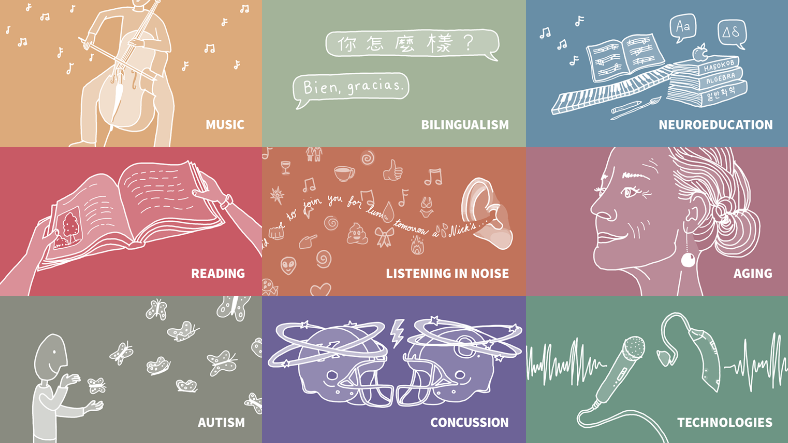
Auditory Neuroscience Laboratory
Check out the Auditory Neuroscience Laboratory website! It has some valuable information about neuroscience and music, reading, listening in noise and so much more.
Your Highest Potential
Imagine a world where reading difficulties and dyslexia are a thing of the past and people can engage at their highest potential with less effort. I will explore how this is now possible thanks to current advances in brain research and learning development during my...
Community Champion Award
It was wonderful to have the opportunity to attend the annual Visionary Conference held recently in San Diego, California and be recognized by Scientific Learning as a Community Champion for my efforts to make a difference...
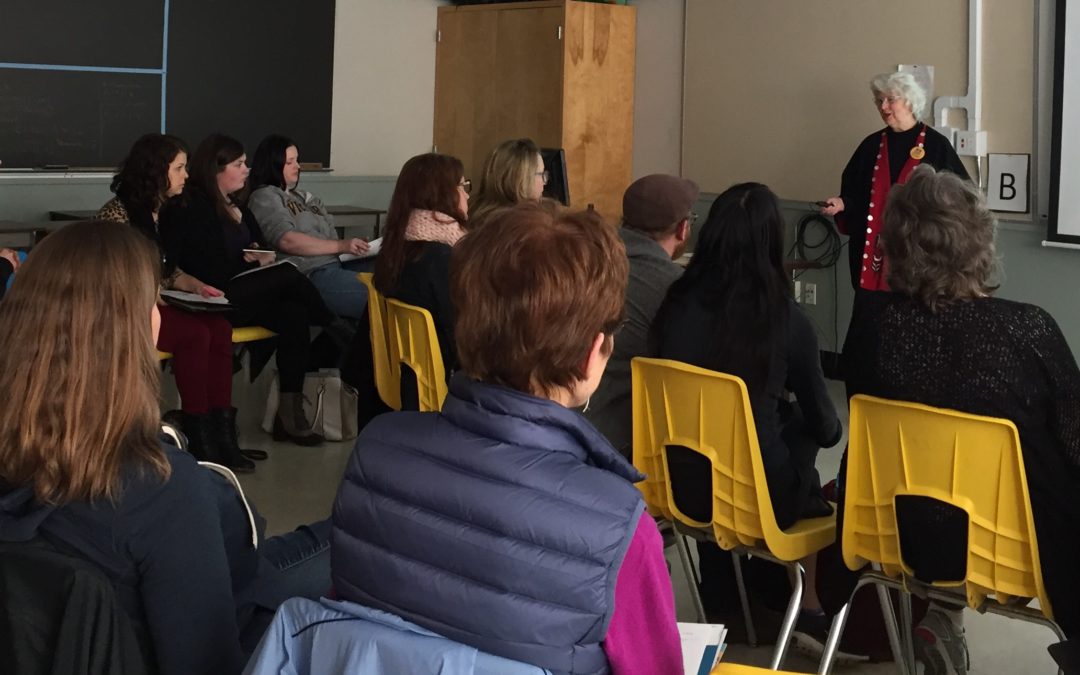
Tapestry Conference
Thanks to everyone who came out to hear my presentation at the Tapestry conference held at Esquimalt High School. I was honoured to have the opportunity to talk about the neuroscience behind dyslexia and explain what causes it and what it takes to create successful...
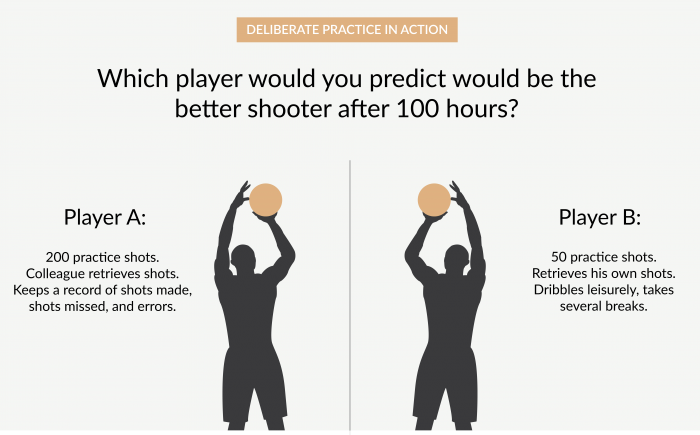
Deliberate Practice
This article reminds me of a book I read some time ago by John Mighton called The Myth of Intelligence. He said it's all in how well the task is broken down and practiced. Read the full article by James Clear here. What is Deliberate Practice? Deliberate practice...
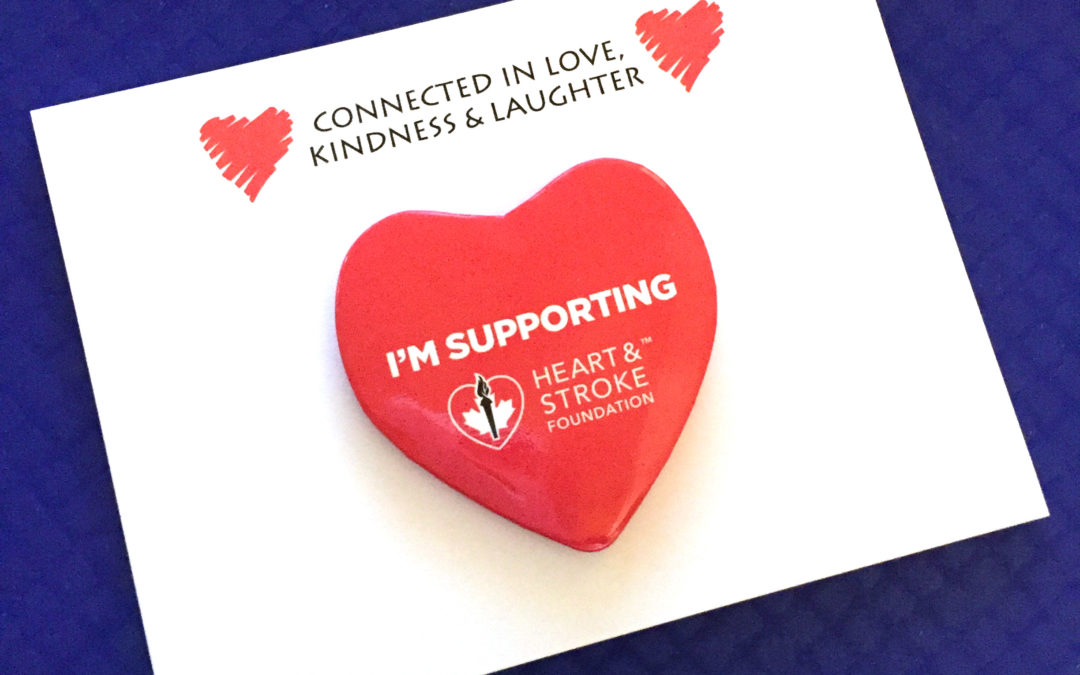
Heart Month
Every February I canvass my neighbourhood and raise money for the Heart&Stroke Foundation. Most of my family died from heart and stroke conditions and my daughter has a heart condition that was diagnosed when she was 10-years-old. In addition to canvassing, I will...
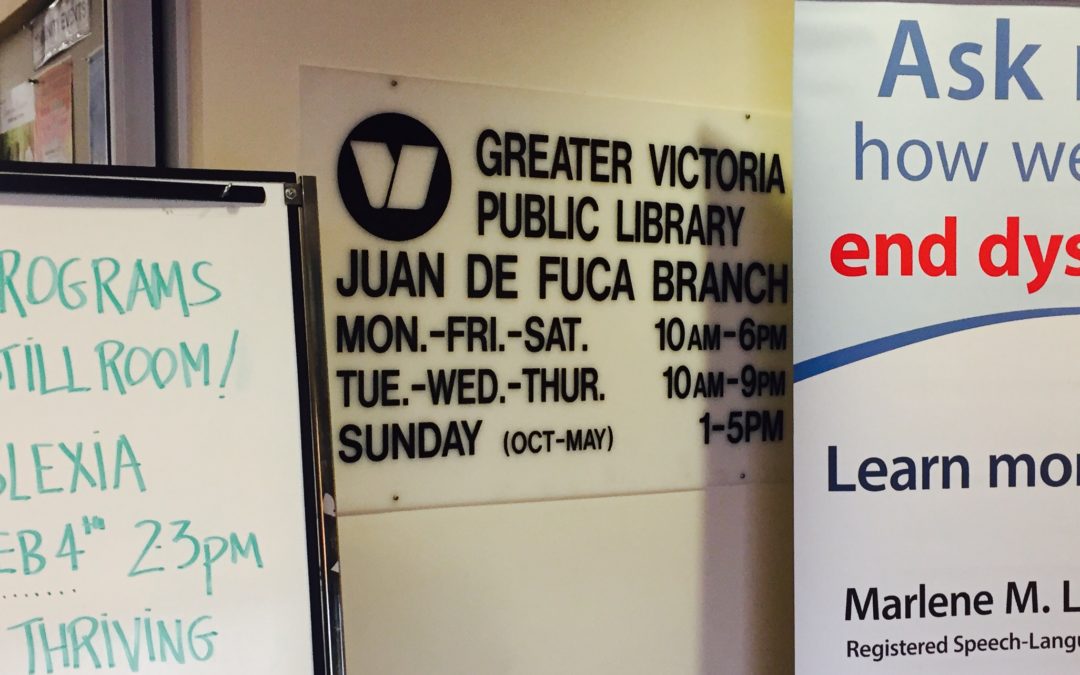
Interactive Discussion
Thank you to everyone who came out this past Saturday to the free public talk I gave about how it is now possible to end dyslexia at the Juan de Fuca Public Library. More than 20 people attended and the level of interactive discussion was fabulous. I look forward to...
Faces of Dyslexia
Thank you to Decoding Dyslexia for this insightful video.
This article was originally written and published on the Scientific Learning Website.
Access Speech-Language Services
Licensed in British Columbia
E-mail: info@end-dyslexia.com
Telephone: (250) 889-1343
Any unresolved concerns about a registrant’s practice may be reported to:
College of Speech and Hearing Health Professionals of British Columbia
900 – 200 Granville Street
Vancouver, BC V6C 1S4
Phone: 604.742.6380
Toll-free: 1.888.742.6380
Email: enquiries@cshbc.ca



